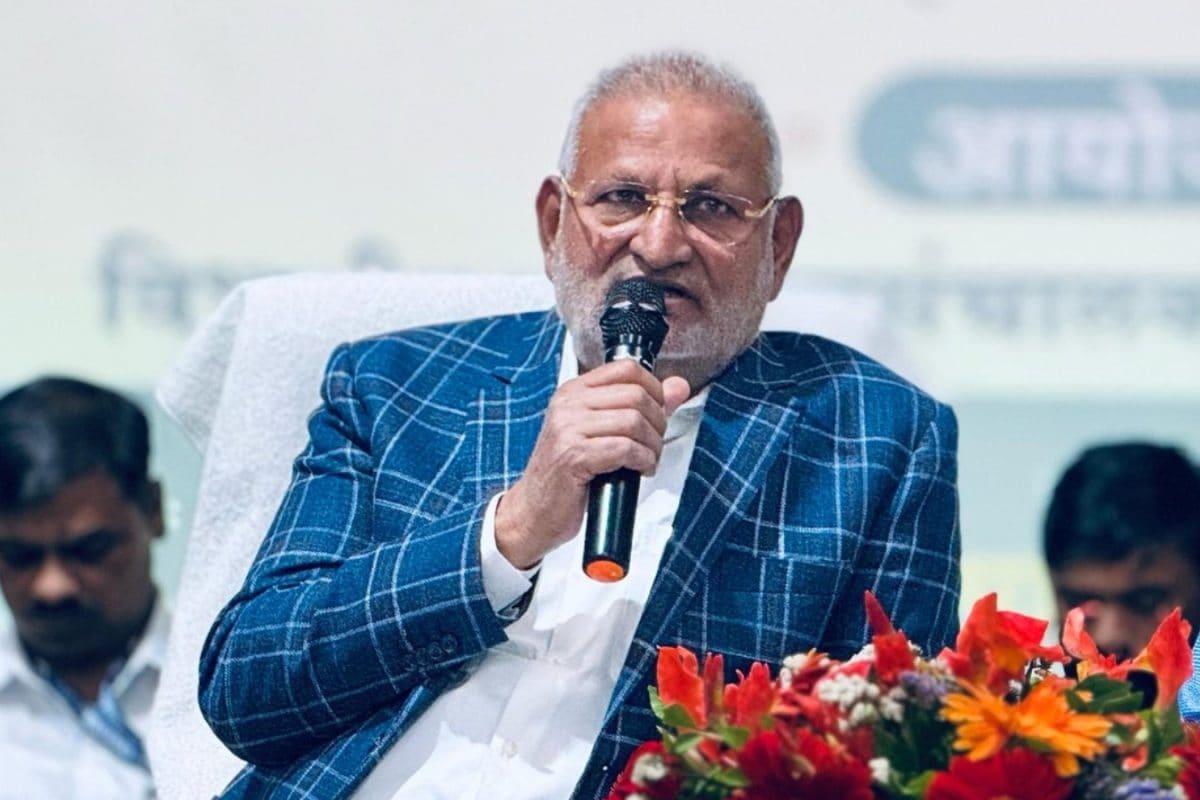

Maharashtra's Agriculture Minister has warned that insurance companies that default on payments to farmers may face blacklisting. This announcement comes amid growing concerns about irregularities and bogus claims within the state's crop insurance schemes.
The Pradhan Mantri Fasal Bima Yojana (PMFBY), a central government scheme, aims to provide financial support to farmers suffering crop losses due to natural calamities or adverse weather conditions. Maharashtra had initially implemented a Re 1 crop insurance scheme in 2023, where farmers paid only a token Re 1 as premium, with the government covering the remaining cost. However, this scheme led to a massive surge in applications and a significant number of bogus claims.
In light of these issues, the Maharashtra government decided to revert to the original PMFBY scheme. Under this revised structure, farmers will now pay premiums as a percentage of the sum assured: 2% for Kharif crops, 1.5% for Rabi crops, and 5% for commercial or horticultural crops.
Several factors contributed to the problems with the Re 1 scheme. There was a significant increase in crop insurance applications, many of which turned out to be fraudulent. Investigations revealed instances of claims being made for non-existent crops or on land not used for farming. Some applicants even misrepresented non-agricultural land, such as places of worship, as farmland to claim benefits.
In response to the widespread irregularities, the state agriculture department formed a committee to investigate the bogus claims. The committee recommended stringent actions, including banning farmers found guilty of submitting false claims from receiving government subsidies for five years. It also suggested blacklisting Common Service Centres (CSCs) involved in facilitating the misuse of the scheme and initiating criminal proceedings against their operators.
Agriculture Minister Manikrao Kokate stated that over 4 lakh crop insurance applications were rejected due to discrepancies such as insurance on government-owned land, municipal land, areas exceeding actual landholdings, and non-eligible crops. He also clarified that no financial loss occurred to the government because premiums were not paid for these invalid claims.
The state government is now taking steps to prevent future misuse of crop insurance schemes. These measures include issuing farmers unique ID cards linked to Aadhaar to ensure transparency and preparing an updated database of farmers. The government aims to introduce significant reforms to the scheme to address loopholes and ensure that benefits reach genuine farmers.
The decision to potentially blacklist defaulting insurance companies underscores the government's commitment to protecting farmers' interests and ensuring the integrity of the crop insurance system. By taking strict action against those who try to exploit the system, the Maharashtra government hopes to create a more transparent and efficient framework for agricultural insurance.